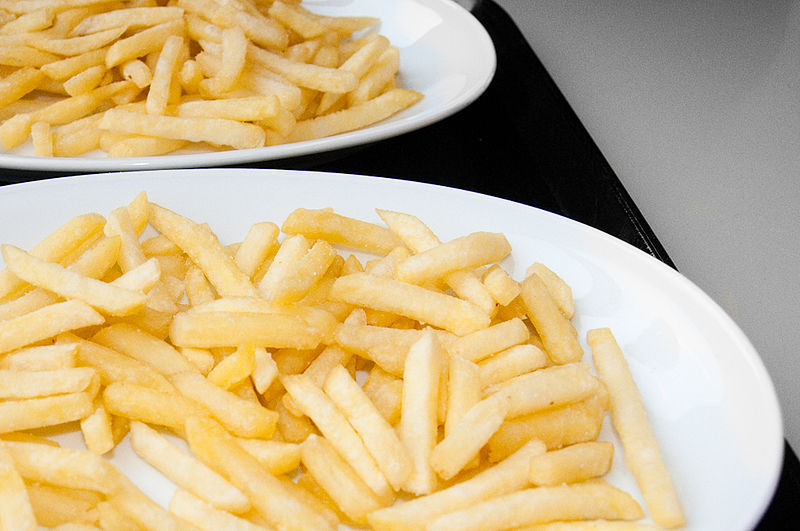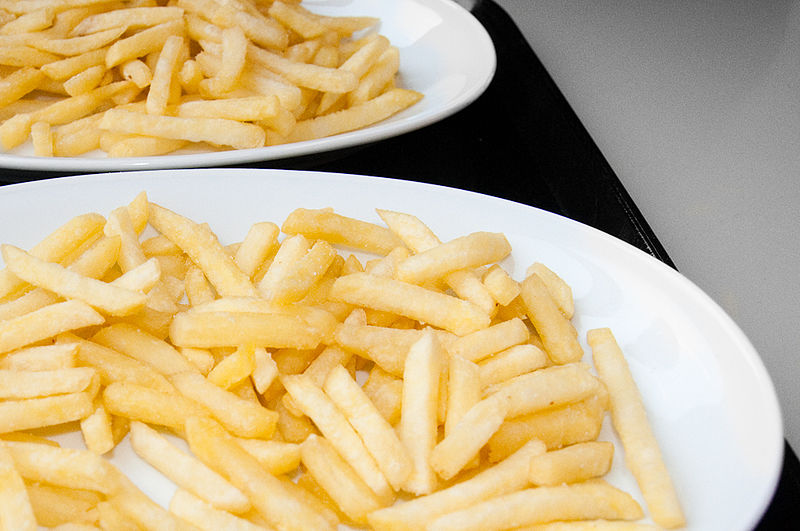We at the BRI have an insatiable appetite for finding misinformation, including these food myths.
French Fries
Myth: French fries aren’t really French—they’re Belgian.
Truth: Fried, salted potato strips did originally come from Belgium (they were introduced to America by soldiers returning home from World War I). But French fries are also French. How so? The term refers to the way they’re cut—long, thin strips are called julienne, or French style.
Belgian Waffles
Myth: Belgian waffles are Belgian.
Truth: They’re American. Some enterprising food vendor in the Belgian Village pavilion at the 1964 New York World’s Fair added yeast to normal waffle batter so they’d be fluffier. To make his new creation sound more exotic, he called them “Belgian” waffles.
Pasta
Myth: The Chinese invented pasta.
Truth: Legend has it that Marco Polo discovered noodles during his travels to China and brought his discovery back to Italy. But actually, the Italians already had noodles. They’d been making them for centuries. The difference: Chinese noodles are made from rice or buckwheat. Italian pasta uses semolina flour, a type of wheat.
Twinkies
Myth: Twinkies will stay fresh forever.
Truth: True, Twinkies have a longer shelf life than most other baked goods. But that’s because they contain no dairy products, not because they’re full of preservatives. How long do they really stay fresh? According to Hostess, a mere 25 days.
Sugar
Myth: Sugar makes kids hyper.
Truth: For years scientists have conducted studies, trying to link sweets with hyperactivity…without success. A 1995 double-blind American Medical Association test concluded that there is absolutely no chemical link between sugar and behavior problems. There may be a psychological link, however: parents who expect sugar to affect their child tend to imagine the kid is misbehaving.










